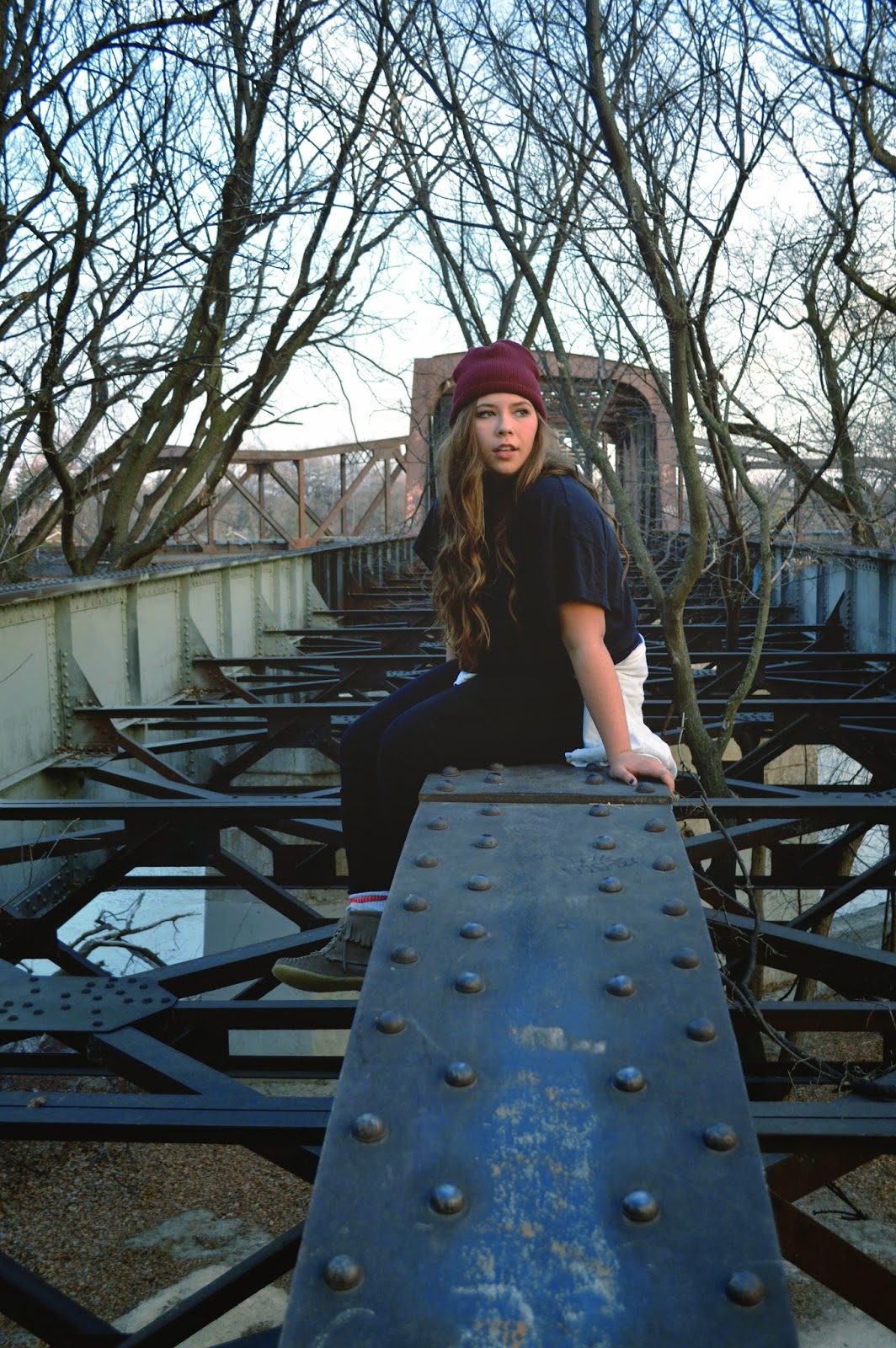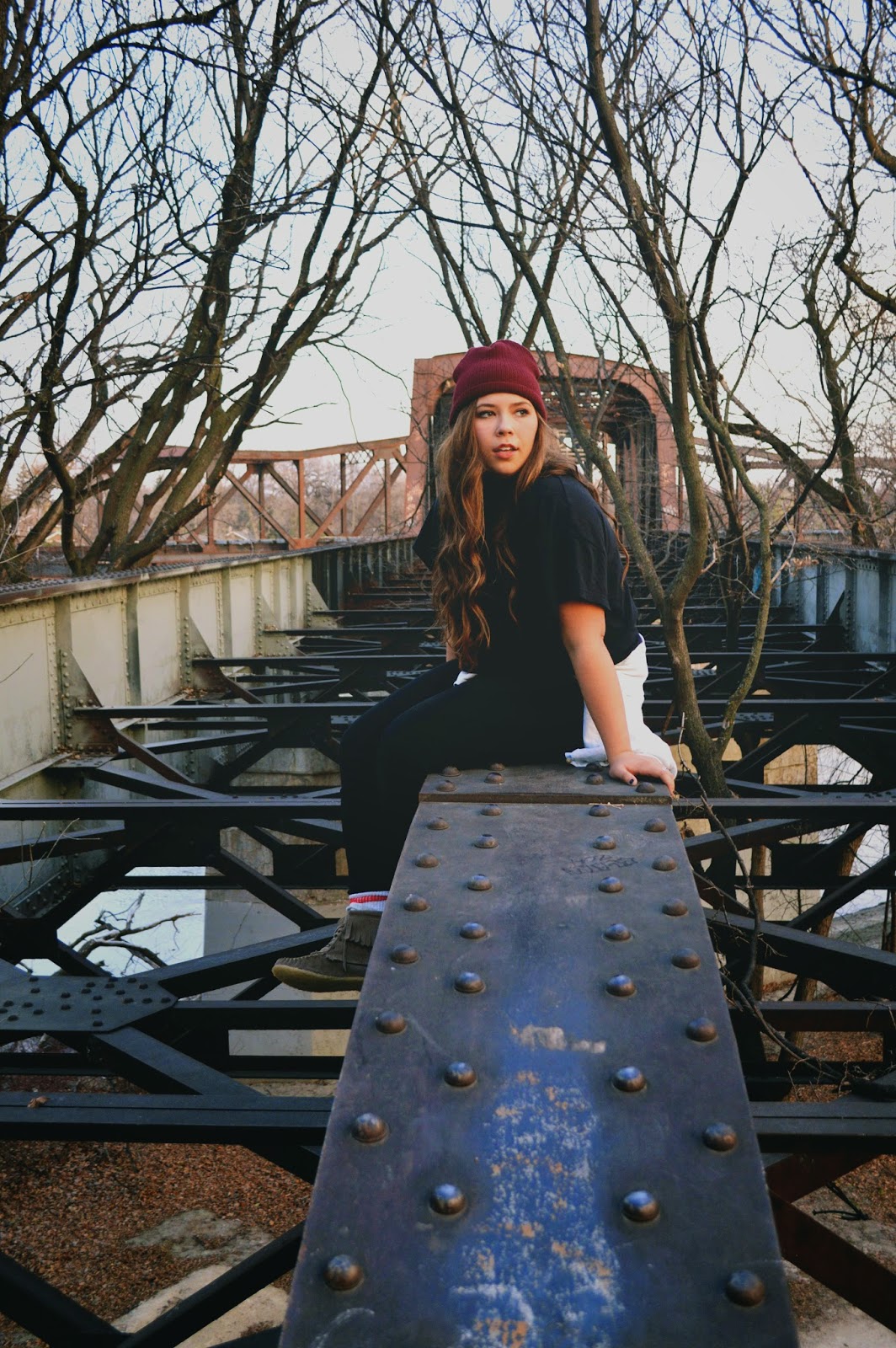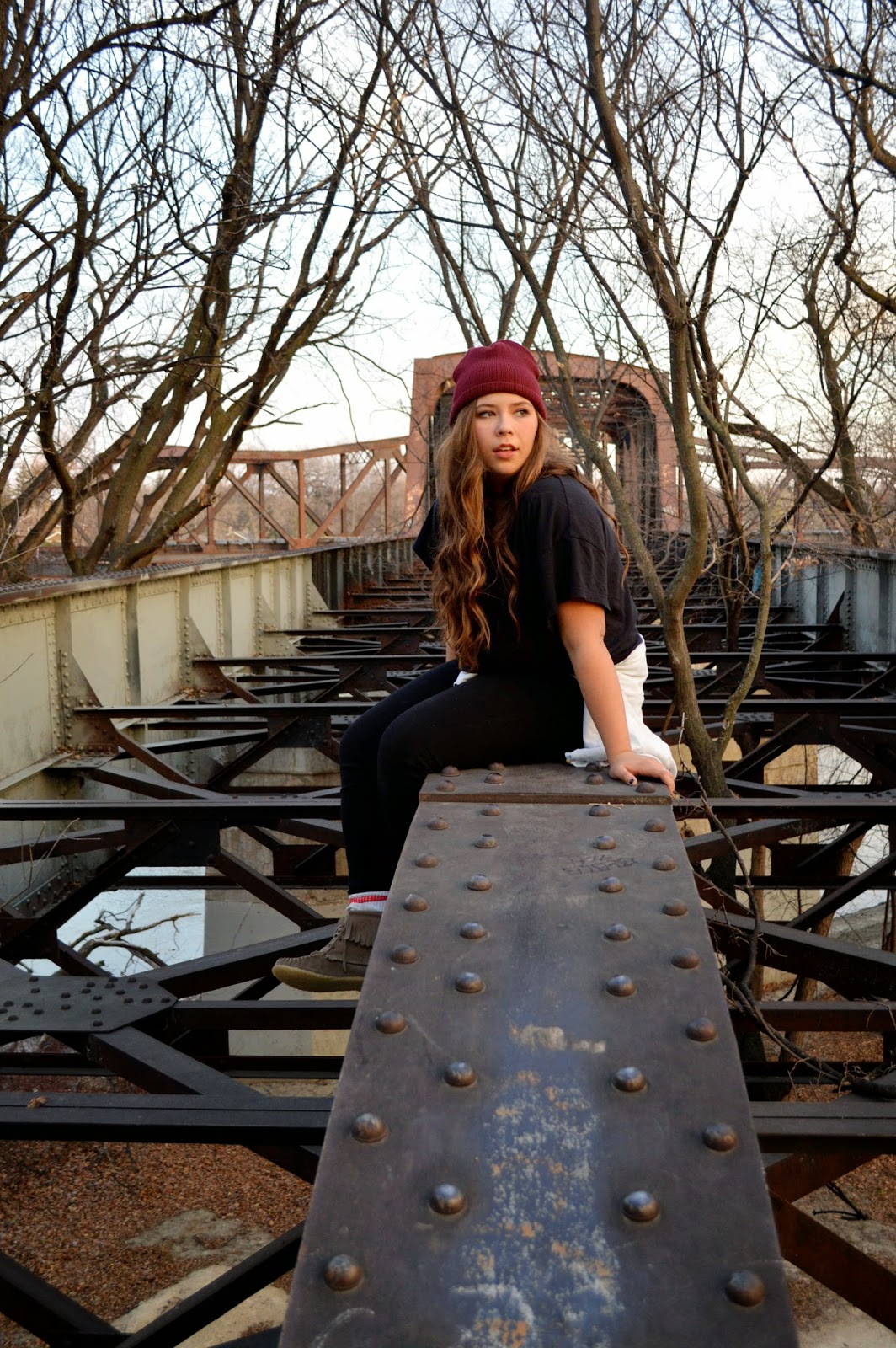 |
| Curves tool bar |
Now at first if you look at the curves tool and do not know anything about it, it looks extremely confusing. It is still a bit confusing to me, but after watching tutorials and reading about it, it makes a bit more sense.
So the main point of curves, is that it gives you the ability to control the light and dark colours in your image.
 |
| Channel option, where you choose what colours you want to change |
 |
| The line running through the centre of this box is what you are using. |
- When you take your mouse and grab any part of the line and you move the line from left to right, you move the the light in the picture
- The top right corner of the box is the lightest part in the image. If you took the line and pulled it down it would make your image darker. If you pulled it to the left it would make the image brighter.
- The bottom left corner of the box is the darkest part in the image. If you took the line and pulled it upwards it would make the image lighter. If you took the line and moved it to the right it would make the image darker.
The thing I found frustrating with curves is that there isn't a certain type of instructions to follow when using it. Every picture is different so the levels of colours varies in every image. So you kind of have to wing it and trust your judgement on what looks good on you picture when changing things with the curves tool. Right now, I am finding that I would prefer to use the tools I used in my last blog post compared to this curves tool. But I'm sure with the more I use the curves tool, the more comfortable I will feel with it.
I played around with the curves tool and got many different results:
 |
| Curves Trial #1 |
Curves Trial #1: This picture I hate a lot... I don't really know why I thought it looked good. I think one night I was editing it, and must of been super tired or something and for some reason thought the edit looked good. Then the next morning I saw how awful it looked and knew that I was not done with this picture.
 |
| Curves Trial #2 |
Curves Trial #2: This one was a lot better from the first. I liked it, but I wanted a bit more of a dramatic change. Also I played to much with the red in the picture. If you look at my friend Taylor's face in the picture you can see that it is really red and pinkish and I did not like that.
 |
| Curves Trial #3 |
Curves Trial #3: This one I liked a lot, but I wanted the photo to still look more darker, and the contrast to be better. I used the gradient effect on it to give the picture a faded look which I liked. I decided to work with this picture a bit more, just to see if I could do anything better with the curves tool.
 |
| Curves Trial #4 |
Curves Trial #4: This one I am pretty happy with. I played more with the blue curves option, changing the red and green curves options along the way so that the picture didn't look super blue. The picture has a more dramatic feel to it which I am quite happy about. I think this picture is going to be another successful finished product.
Before and After Shots:


Here is also another thing I learned while creating this blog post - How to change a PSD file to a JPEG. You should learn how to do this because the photoshop file is WAY to big. Blogger cannot even upload a photoshop file because it is so large.
Step 1: Go to file and select the Save As option
Step 2: A save as bar is going to open up. On the format option hit the arrows and select the JPEG option. Then hit save.
Step 3: A JPEG Options bar will pop up. This allows you to change sizes of you JPEG. I didn't change anything when this popped up because I want the picture to stay the same quality that it originally was in photoshop. And that is all you have to do when taking a photoshop file and changing it into a JPEG!
Here are the links to tutorials that really helped me:



This post shows the kind of learning that the passion project is all about. You researched with a purpose. You wanted to know how to do something, and you invested time and skill into finding out how to do it. On top of that, you generously share your learning process with others.
ReplyDeleteThis is what school should be like. Your sharing is very helpful and is the type of learning a group discussion is trying to foster. I'd love to discuss some ideas about adjusting how we tackle concepts in school to help create some of the engaged learning that you demonstrate in this post. Well done, Raychel, and happy New Year!